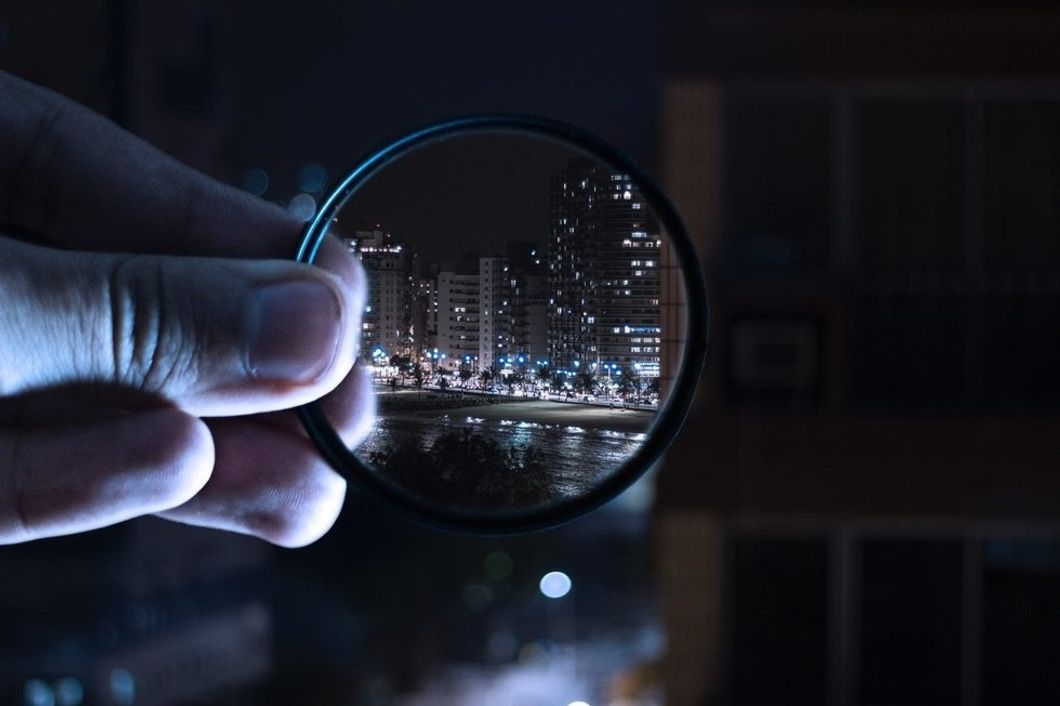We have lost our curiosity.
As children, we recognized the world as not only a playground but as an enormous site of discovery. Our observations knew no limit; our willingness to vocalize them to our companions- or even shout them out to anyone who cared to hear- could hardly be stopped. To learn from someone, to place an explanation on these wondrous surroundings and phenomena, was a simple gift which allowed us to immediately broaden our scope to another facet of our thrilling lives.
At some point, though, the assumption wrapped itself around our brains, seeming to cradle and care for us even as it blocked our innate desire to explore- of understanding. Discovery became a fragmented process, split up among the people so that we would not become fatigued with the sheer quantity of things to be known. Each of us was taught to devote all of our curiosity to a single area. Chefs become the discoverers of culinary masterpieces. Physicists became the discoverers of interactions among matter. Theologians became the discoverers of spiritual truths. Economists became the discoverers of the relationship between society, financial choices, and economy. The list goes on.
What is undeniably beautiful about this is that we have learned to fall in love with the curiosity which most pulls us in and devote ourselves to it. It makes us creatures of passion for our discovery and promotes high levels of focused knowledge.
We may still remember, though, the wonderful multiplicity of unknowns in the world that we ourselves occupy. When we devote ourselves to one curiosity to which we would most love to discover an answer, we often do so for the sake of an entire curious human species. When new discoveries arise, they are shared, but we have become so focused on our own area of discovery that we do not always notice.
It is possible, indeed, to approach with an unbridled passion the discoveries of others. They are solving what is unknowable to us, too. There is nothing wrong with continuing to be curious about biology and philosophy and mechanics and customer-employee relations, even if we have chosen to focus our own discovery in another area. We may satiate these curiosities simply by dwelling in the light of others' discoveries. We can read the articles, take the classes, attend the lectures, try the products, and test the methods devised by these discoverers in areas that are not our own. We are innately curious about all the world, so why must our helpful focus hide others' discoveries from us?
We satisfy curiosity as a large human group, yet this curiosity is wide even on an individual level. Don't hide from it in the comfort of your own area of expertise. Learn of other discoveries, and take joy in the knowledge together.























